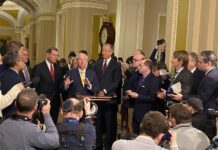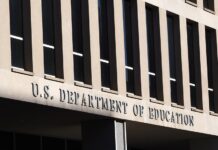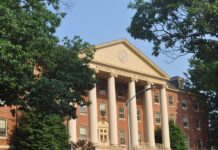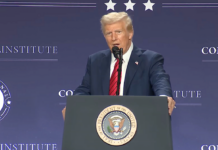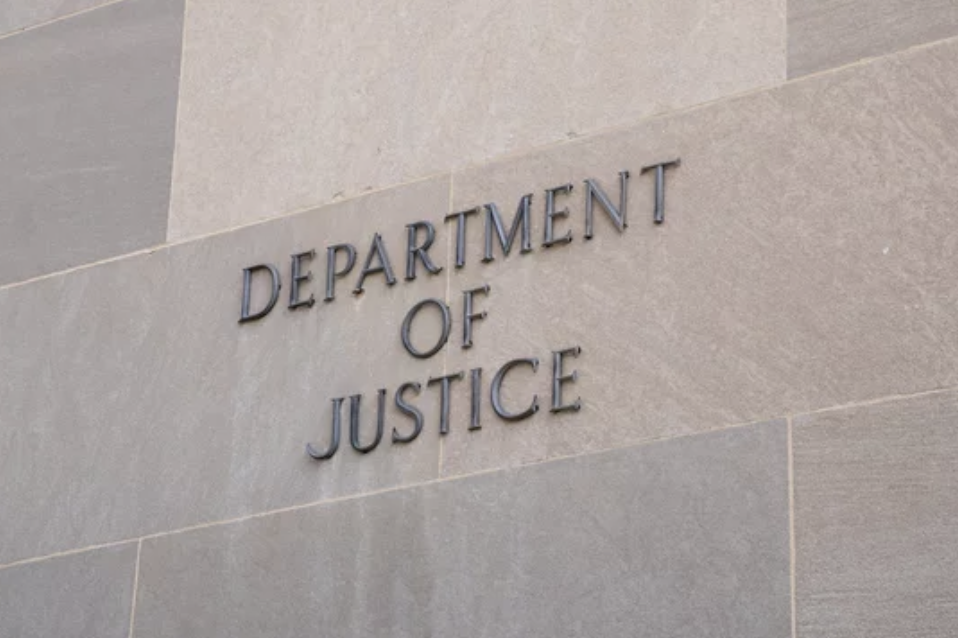
WASHINGTON (States Newsroom) — The Justice Department Tuesday appealed to the 4th U.S. Circuit Court of Appeals after a Maryland judge issued a nationwide block on President Donald Trump’s executive order redefining the constitutional right of birthright citizenship.
The appeal signals that the Trump administration is likely to challenge the two other nationwide injunctions, one in Washington state and another in New Hampshire. The Justice Department did not respond to States Newsroom’s request for comment.
The plaintiffs in the case against the government include two nonprofits – Asylum Seeker Advocacy Project and CASA – that represent five women who are currently pregnant and do not have legal status. The Institute for Constitutional Advocacy and Protection at Georgetown University Law Center is arguing on behalf of the groups.
The 4th Circuit Court of Appeals hears appeals from the nine federal district courts in Maryland, Virginia, West Virginia, North Carolina, and South Carolina.
The executive order, which Trump signed on his first day in office, states that the federal government will not recognize or issue citizenship documentation to any child born after Feb. 19 to parents who are in the country without proper authorization or if one parent is in the United States on a temporary visa and the other parent is a noncitizen or green card holder.
Department of Justice attorneys have argued that the 14th Amendment isn’t properly interpreted, specifically citing the phrase “subject to the jurisdiction.”
In the most recent oral arguments defending the executive order, DOJ attorneys said on Monday that the term “subject to the jurisdiction” of the United States does not extend birthright citizenship to children if their parents are either in the country without legal status or have a temporary form of legal status such as a visa.
Section 1 of the 14th Amendment states that “[a]ll persons born or naturalized in the United States, and subject to the jurisdiction thereof, are citizens of the United States and of the State wherein they reside.”
An 1898 U.S. Supreme Court case upheld the 14th Amendment in United States v. Wong Kim Ark. In that case, Ark was born in San Francisco, California, to parents who were citizens of the Republic of China but had legal authority to be in the country.
Ark left the United States and was denied reentry due to the Chinese Exclusion Act— a racist law designed to restrict and limit nearly all immigration of Chinese nationals — and his citizenship was not recognized.
The Supreme Court eventually upheld that children born in the U.S. to parents who were not citizens automatically become citizens at birth.
Attorneys on behalf of the Trump administration have argued the 1898 Supreme Court case is misinterpreted because Ark’s parents were both in the country with legal status when he was born.


